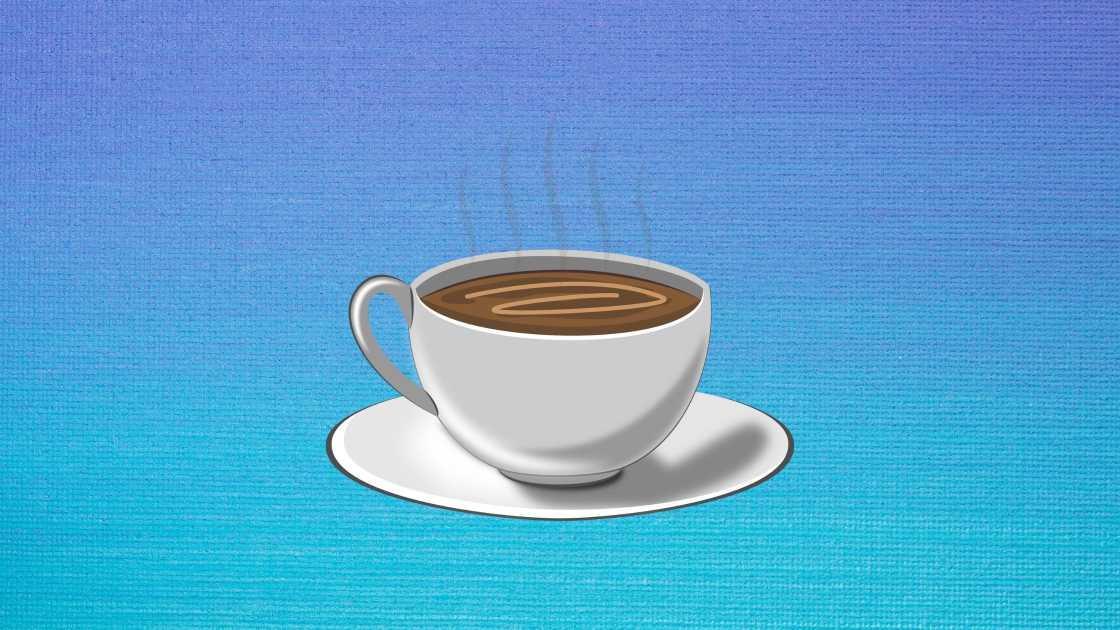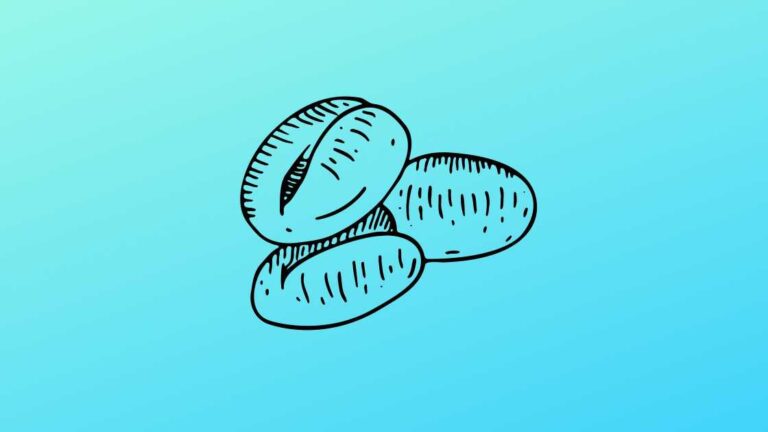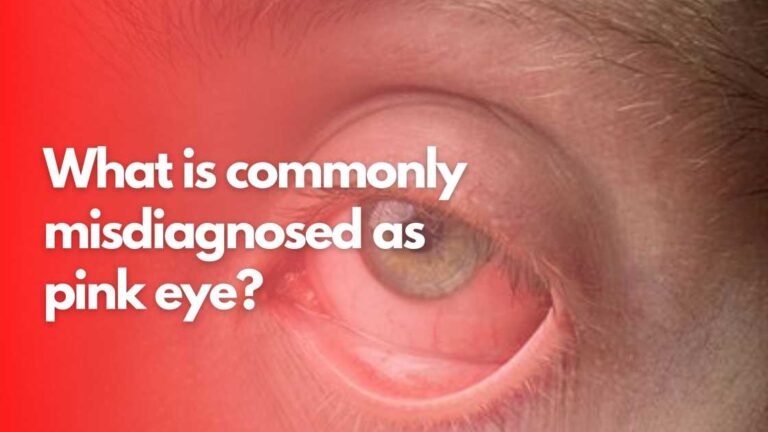Many people consume caffeine as a food constituent, and its use is associated with increased physical performance, mood, weight, energy, and cognition. Caffeine can be part of a healthy diet, but excessive caffeine consumption can be detrimental to your health.
Some persons are more susceptible to the effects of caffeine and experience these effects even at smaller dosages. In addition to potentially causing allergies, caffeine can also change how some drugs work.
Let us take a look at how caffeine can cause chest pain.
Caffeine
Caffeine is a stimulant that occurs naturally in the tea, coffee, and cocoa plants. It keeps you awake and reduces drowsiness by stimulating the central nervous system. One of the most commonly used natural stimulants worldwide.
Today, 80 percent of people in the world regularly consume caffeine-containing beverages. A study reveals about 85% of the US population consumes at least one beverage containing caffeine per day.
Caffeine, how does it work?
After intake, caffeine is quickly absorbed into the bloodstream and then travels to the liver to undergo breakdown into compounds that can affect various organ functions.
Caffeine blocks the effect of adenosine, a neurotransmitter that depresses the central nervous system. Adenosine makes you feel tired, promotes sleep and inhibits arousal in normal conditions, with levels building up while you are awake. Blocking adenosine leads to reduced tiredness and helps you stay awake.
Additionally, caffeine may elevate blood levels of adrenaline and increase the brain’s dopamine and norepinephrine neurotransmitter activity. This combination heightens arousal, alertness, and focus while increasing brain stimulation.
Due to its effects on the brain, caffeine is frequently referred to as a psychoactive chemical. Caffeine has a rapid onset of action, thus acting quickly once it enters the bloodstream. One cup of coffee, for instance, contains a quantity that can reach the bloodstream in as little as 20 minutes and take up to an hour to have its full effect.
Benefits of taking caffeine
- Caffeine improves mood, lowers the risk of depression, improves cognitive performance, and guards against Alzheimer’s and Parkinson’s disease. Caffeine blocks the molecule adenosine, which is important in brain signaling. This leads to an increase in other signalling molecules including dopamine and norepinephrine. Your mood and cognitive abilities improve as a result of this change in brain messaging.
A also discovered that consuming 2-3 cups of caffeinated coffee each day (200–300 mg of caffeine) decreased the risk of suicide by 45%.
- Caffeine’s ability to stimulate the central nervous system can increase metabolism by up to and fat burning by up to . In reality, consuming 300 mg of caffeine each day can increase your daily calorie burn by 79 calories.
- Caffeine is likely to improve exercise performance. When exercising, caffeine may increase the use of fat as a source of energy. This is beneficial because it prolongs the half-life of the glucose that is stored in your muscles, which could delay the time it takes for your muscles to become exhausted. Additionally, caffeine may aid in muscle contractions and fatigue tolerance.
- Other possible beneficial effects of caffeine are protection against heart disease, type 2 diabetes, liver damage and skin cancer. It decreases cancer risk, and risk of multiple sclerosis and improves gut health.
Side effects of caffeine
Excessive caffeine consumption might have negative side effects. These are some of the signs of too much caffeine consumption. However, not everyone suffers from these side effects or even the positive effects. We previously published an article on why caffeine doesn’t seem to work on some people.
Anxiety
Caffeine may affect your mood. Excessive caffeine use can make you feel anxious, while moderate caffeine use can help you feel happier. When you experience anxiety with caffeine use, it could indicate you are taking too much caffeine.
Headache
The term “psychostimulant” refers to a chemical that stimulates the central nervous system, such as caffeine. For this reason, many individuals use coffee or caffeinated tea as a morning stimulant. Caffeine is occasionally used to treat pain, such as in the pain reliever Excedrin, which also contains aspirin and paracetamol. However, ingesting too much caffeine or withdrawing from it can result in headaches.
Difficulty sleeping
Caffeine can have a mildly disruptive effect on sleep when taken close to bedtime. Caffeine use before bed can affect the duration and quality of sleep as well as make it more difficult to get to sleep and stay asleep. Avoid caffeine use up to six hours before bedtime.
Your body can however adjust to caffeine’s effect on sleep and develop tolerance over time
Irritability
Caffeine use can also contribute to irritation; however, this has mainly been seen in those who consume large amounts of it. If you already suffer from a psychological or anxiety issue, you might become agitated with less coffee than usual.
Increased heart rate
Caffeine affects the heart in different ways. According to some studies, as few as four cups of coffee can have a minor impact on heart rate. Five cups of coffee a day did not increase heart rate in persons with heart problems, according to another small study.
Increased Thirst
According to research, some people may get thirstier even with small amounts of coffee. Even after only one cup of coffee, thirst was the most noticeable side effect for casual caffeine users. Those who consume caffeine regularly were unable to feel thirst at this intensity.
Urinating Frequently
Caffeine has a diuretic effect. This drug causes you to feel the urge to urinate more frequently. Caffeine can boost blood flow to the kidneys and has an immediate impact on how well they are able to reabsorb salt and water as they filter blood, which causes the amount of urine in the bladder to increase.
Caffeine’s diuretic effect may be particularly pronounced in people with hyperactive bladders.
Can caffeine cause chest pain?
When blood flow to the heart is restricted, chest discomfort develops. Blood flow limitations rise in direct proportion to caffeine consumption. Consequently, chest pain from too much caffeine is possible.
The danger is minimal overall if you only drink one to three cups of caffeine per day because it often takes a very high dose to trigger chest trouble.
With less than two cups of coffee, people with health issues, and/or those who are caffeine sensitive may experience decreased blood flow and chest discomfort. After ingesting caffeine, chest aches could be a sign of a dangerous condition. Make sure you seek immediate medical attention.
Is it possible to develop tolerance to caffeine’s effects?
The possibility of caffeine tolerance exists. You might have acquired it gradually over time or you might have had it from birth.
It takes little time to build up a tolerance to caffeine. Most people think it will happen in the next few days. Because everyone is unique, the length of time it takes for you to develop immunity will be different from that of another person.
Summary
The natural stimulant caffeine changes how the body and brain work. Most people drink at least one caffeinated beverage every day, typically in the form of coffee, tea, or soda.
If you experience side effects from caffeine, you may want to reduce your intake or completely cut it out. Reduce your caffeine use by drinking more water and eating more nutrient- and fiber-rich foods like veggies, nuts, and seeds.






Leave a Comment